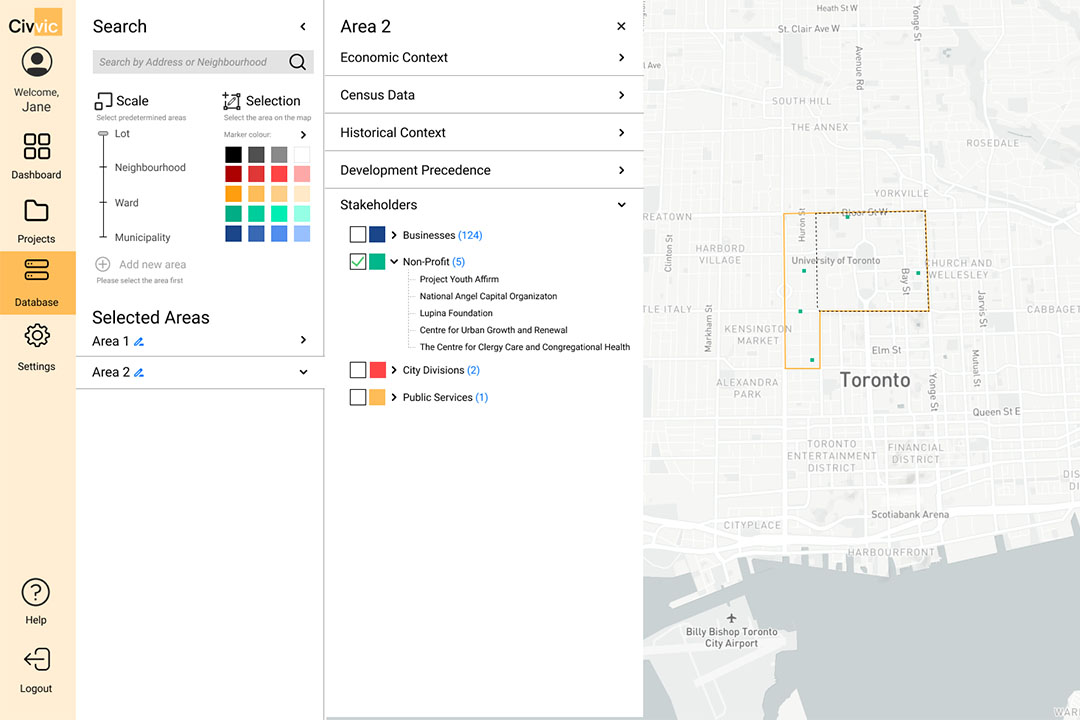Every year, The Hatchery — a community where U of T’s budding entrepreneurs can launch their business ideas — hosts a multi-day event that they call Demo Day, where students can showcase the business ideas they have been developing for four months through the Hatchery’s NEST Program.
From September 13–17, The Hatchery hosted this year’s Demo Day virtually, and 17 NEST startups presented their business ideas aimed at solving a range of real-world problems. The winners were announced on the afternoon of September 17, and received funding to allow them to continue developing their business ideas.
A culmination of the NEST
The Varsity spoke with Mimi Hao, the operations lead of The Hatchery, about the organization’s history. “We’ve created a journey for students to be able to explore their entrepreneurship side,” she said.
Demo Day is a culmination of the NEST — a four month bootcamp which takes place over the summer, during which teams are matched with a unique team of advisors. The advisors are business mentors, MBA students, students from the Faculty of Law, and more. Over the four months, these teams create a business plan, including a 24-month cash flow forecast, and formulate a six-minute investor-ready pitch.
Due to the pandemic, Demo Day was hosted virtually on Pheedloop, an online platform developed by Hatchery alum in 2014. The platform had several sections where teams could present their businesses, their pitches, and even network with fellow participants and Hatchery alum.
The Hatchery leveraged the online platform given capacity restrictions as a result of the pandemic. This worked out well as more people around the globe were able to attend the event to learn about the start-ups and there were no constraints on the number of attendees. They even implemented a ‘Friendship Bench’ — an online space where participants could talk about their issues. “We did try to replicate the in-person dynamic,” said Hao.
The event also saw a whopping rise in attendees. Hao reported that, over the course of the event, pitches were viewed over 4,000 times.
The winning pitches
The winning startups of the event were Nightingale.ai Corp, Variant, Fovea, ParkinSense, and Civvic, which also received the People’s Choice award. Hao describes these teams as the “most ready” to proceed to the next stage. A total of $80,000 was set aside to be divided equally among the five winning teams, with additional money awarded to the winner of the People’s Choice award.
Hao explained that the winning start-ups were chosen by a panel of judges. She said that these ventures can now take this seed funding to advance to the “go-to-market stage” with the help of The Hatchery.
In an email to The Varsity, Lewis Walker, one of the co-founders of Civvic said that their idea was to make an online platform “that revolutionizes the way urban planning research is done” to help cities and urban centres grow. The team explained that getting ready for Demo Day has been a challenging but a rewarding process and taught them to be flexible and adaptable.
“Being willing to learn and pivot on the go has been huge,” wrote Walker.
Another winner was the ParkinSense startup, whose monitoring system aims to combine medicine with engineering technology in order to improve the lives of people who suffer from Parkinson’s disease. The system’s motion sensors detect the frequency and severity of a patient’s tremors and sends this data to a specialist who can determine the appropriate medication.
“Demo day and practice pitches provided us with an opportunity to refine our product and introduce us to the business side of our startup,” wrote a team member in an email to The Varsity. The team aims to use their $16,000 of seed money to fund product prototyping and to refine their product to suit the market’s needs.
In a world where everything has turned remote, fellow winner Nightingale.ai Corp aims to use artificial intelligence to cater to patients undergoing physiotherapy following a hip or knee replacement by providing physiotherapists the chance to provide affordable remote care to patients. Their product, Nightingale, leverages artificial intelligence by keeping physiotherapists informed of their patients’ real-time progress and sending them updates when needed.
The startup Varient is designed to tackle the development of new treatments of rare diseases — a multibillion dollar industry. Their startup aims to leverage big data and crowdsourced datasets to identify effective treatments for people suffering from rare diseases. It collects reported data on positive and negative drug effects for these people in order to identify more effective treatments. They’re streamlining their product to cater to people with certain genetic conditions.
Fovea aims to build a more accessible world by empowering people who are blind. To do so, they want to capitalize on the brain’s extremely plastic nature by combining bodily sensations to form an accurate mental image of the person’s surroundings. This will enable people, who are blind, to sense their spatial surroundings and better orient themselves, thereby making them more independent.


